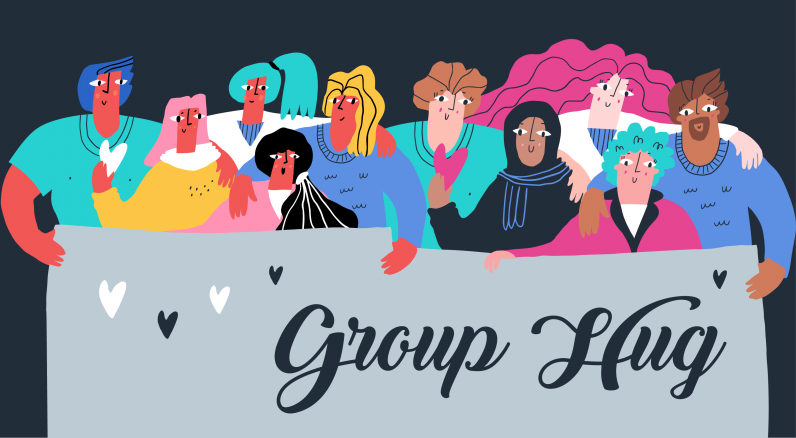I got a bit miffed recently– goodness we’ve all got plenty to be fed up about – but this was triggered after seeing further recent social media comments questioning some people with dementia because they are perhaps not as dependant as they should be – ‘atypical’ is the term often used.
But I’ve since calmed down as I try to understand reasons behind such messages from often highly qualified professionals
It soon dawned on me that it can only be that they have NEVER actually properly engaged with the individual with dementia other than through batteries of diagnostic tests. More often than not, the history gathered comes from the perspective of other family members.
2 things bothered me.
One is the idea that a new positive narrative led by people with dementia somehow undermines the gravity of the situation of a family living with the presence of a dementia – as if it’s not allowed.
The second is the idea that the messages coming from people with dementia through DEEP, the UK network of dementia voices, for example, are only those of the more eloquent ‘atypical’ of group members – they are not!
Throughout the network there are indeed many celebrations, the growth of positive relationships and a real sense of belonging and purpose amongst many members –in fact all the recognised benefits of peer support. Nevertheless, do not for a minute believe that everyone goes around ignoring dementia and spouting positivity.
Our conversations regularly address the pain and the confusion and the massive confidence blow of living with a diagnosis in a disabling world; they cover grief and loss of those who have died or who have moved into long term care; they cover the concern and fear of seeing a peer who has deteriorated from one month to the next – not ‘will that be me?’ but ‘how can we help that person remain part of this group as long as possible?’
Real life and real-life conversations go on and opportunities through a safe space to express oneself in an environment that is warm welcoming and non-judgemental are a right for everyone.
There is a massive range of ability, disability and intensity of experience amongst every group too and those more ‘typical’ members (apologies for that horrible term!) have contributed as hugely as anyone in local and national projects. The DEEP guides for example have all been created by and with an equally diverse range of people living with dementia from across the national network.
At York Minds and Voices, a group I have the privilege to help facilitate, it was Liz (God rest her soul) who themed a whole session on the post diagnostic course we co-created for recently diagnosed peers, whilst on the edge of independence and walking restlessly around our meeting space. It was one of our members who, head bowed down, with a seemingly blank stare – always popped up with an apposite comment or an affirmation of what’s been said, full of feeling and righteousness.
He has recently moved into long term care and long after other services had been unable to keep him attending. We reflected on why we had been able to keep him and Liz with us for so much longer than elsewhere. It was because we hadn’t ‘kept’ them – rather we ‘held’ them amongst us – as everyone in our group holds each other.
I’ve blogged before about the need to properly listen to the voices of people with dementia here (Hearing Voices). They come in many forms and can be captured and responded to in different ways.
So please don’t dismiss a new narrative. Embrace it. By dismissing the voices of people with dementia you are not protecting the family, you are potentially perpetuating a self-fulfilling prophecy of doom, gloom and hopeless loss for all concerned. It’s ok for the neighbour to put the kettle on for tea and sympathy but for those working in the field it’s imperative to support every member in the caregiving relationship. Peer support for everyone brings hope, belonging and potential – for everyone. Why would you undermine that?
‘The individuals and families of all those named have reviewed the content and have consented to the use of their names in this blogpost’.
Damian Murphy
Co-Director, Innovations in Dementia
May 2020

